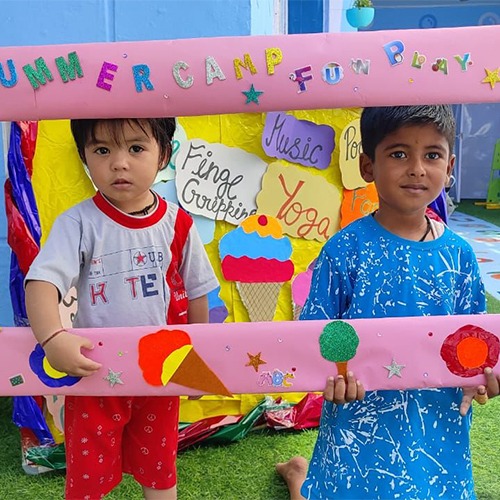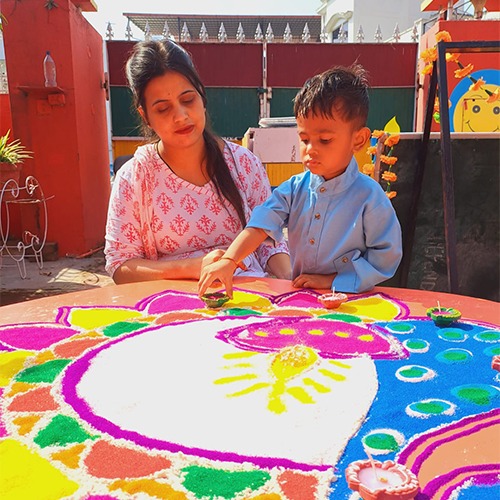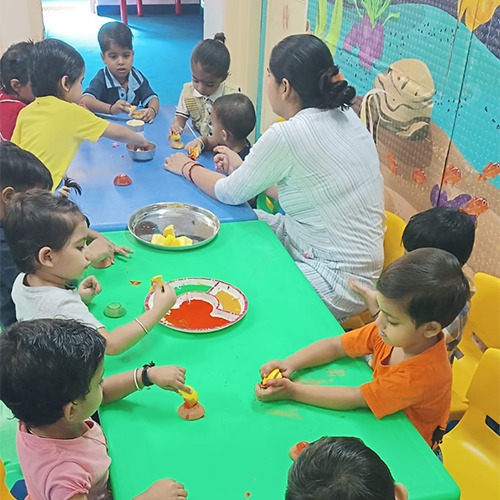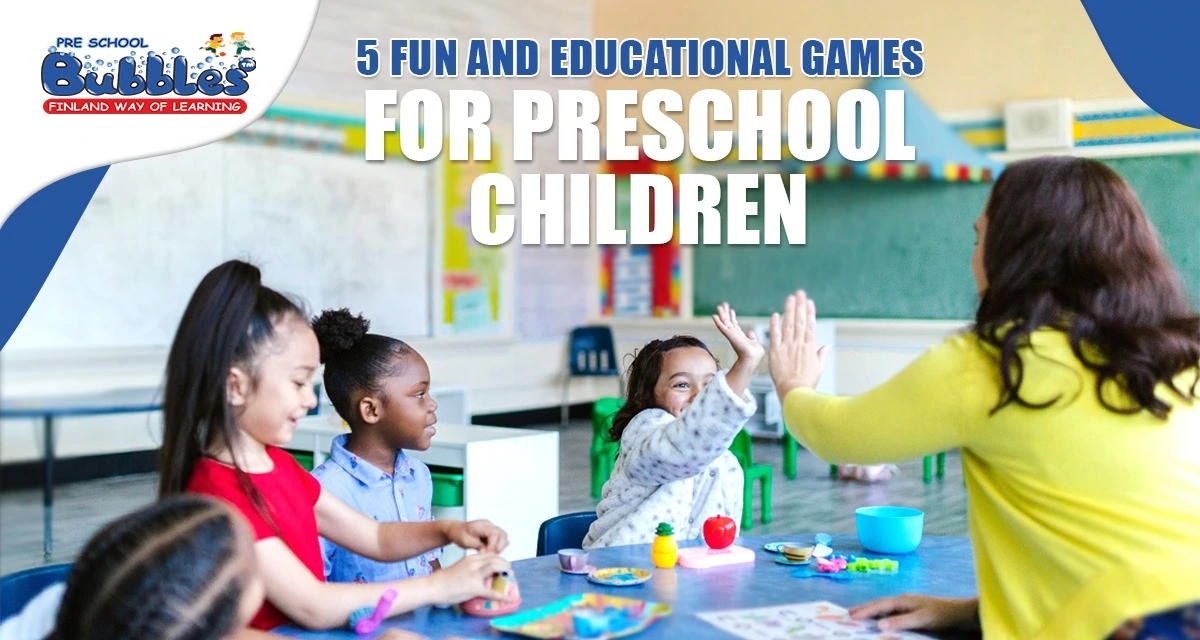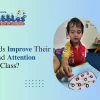
Why Franchise Partner With Bubbles?
The best playschool franchise business in India has been initiated from the educational hub of our country – The vision is to create an educational environment in the country with an international approach which promotes technological aids and fun way of learning.
- Growing demand for preschools
- Indian Child Care Market Soaring
- Vast Potential for Quality Playschools
- High Demand for Uttarakhand Preschools
Get In Touch
Email: info@bubblesplayway.com
Phone: +91-9837010576
-
OPPIA EDUCATION INTERNATIONAL PRIVATE LIMITED, BUBBLES-12, SAHASTRADHARA ROAD DEHRADUN UTTARAKHAND 248001 INDIA
